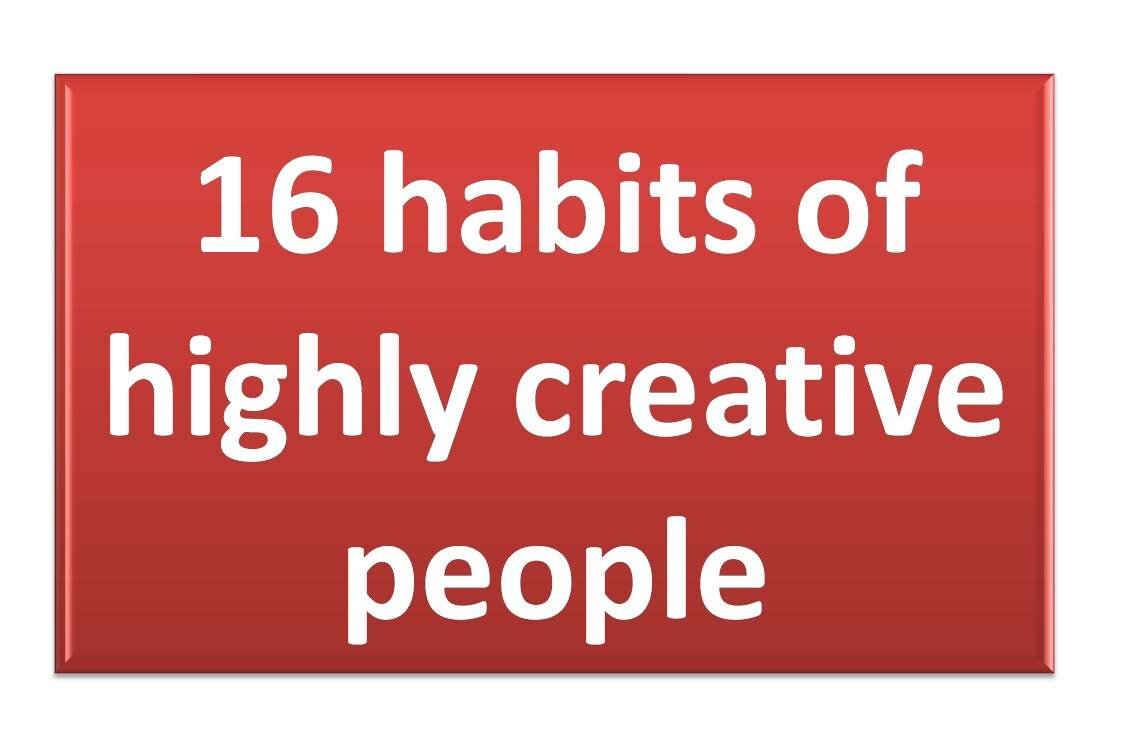Thinking Against The Grain
|
|||||||||
KR Ravi | Jul 30, 2009
 Most of us, if not all of us, would like a  casteless Indian society. An egalitarian society is our  dream. There are some who assert that our forms for admission to educational institutions, our job application blanks etc should not ask for ‘caste’. Right ? Wrong if you were to think against the grain.
Most of us, if not all of us, would like a  casteless Indian society. An egalitarian society is our  dream. There are some who assert that our forms for admission to educational institutions, our job application blanks etc should not ask for ‘caste’. Right ? Wrong if you were to think against the grain.
There is a counter voice that is worth considering seriously that has been voiced by people who are as concerned with social disparities as anyone  else. These voices suggest that  people who are said to be victims of an unjust caste system do not want the caste system to go away.
Think about this. Why would they say so even after being at the receiving end of a violent, iniquitous discriminatory system? Before we try to unravel the sources of such a counterintuitive line of thinking let’s look at a similar world view but in a different context.
A friend of mine who is a  top official in a multilateral institution in Washington DC,  went on a visit to his home town of Lucknow. Out of sheer nostalgia he visited his old school after a lapse of over 3 decades.
According to him,” ‚ÄòDuring my time and even till recently I had always considered my school as one of the best schools in India. This time I was shocked to find that my school had been transformed into a Hindi medium school. I met the principal ¬†and he explained, ‚ÄúAn English medium education is in our opinion elitist. Only the better off sections used to get the benefit of our education which has always been among the best in India. But we felt that we owe it to the underprivileged sections to be inclusive so as to give them a chance to move up the socio- economic ladder. Hence we converted ourselves into a Hindi medium school. Earlier children of I.A.S officers, top executives, doctors used to dominate our school. Now the cobbler‚Äôs son, the barber‚Äôs daughter, the domestic help‚Äôs kid study here.‚Äù
To be honest ¬†I was shocked at this¬† ‘inclusive method’. ‚Ä®Readers may rant me for being elitist — that to overthrow English language almost completely as this school had done — was to ensure¬† that the underprivileged remained underprivileged. ‚ÄúI am afraid,‚Äù I said,¬† ‚ÄòThat the school management had become victims of the Law Of Unintended Consequences. Their heart is in the right place but their minds are not.”
My contention is that in our desire to¬† ‘help‚Äô people we often sometimes end up doing the opposite. In this case an English language medium based education¬† would be the best guarantee of upward mobility for the kids.
“After all have you not prospered in your career due to your proficiency in English language?” I asked my¬† friend.
Sure enough I came across a few articles by Dalit writers in the English press in India that asserted that Hindi or regional language medium is another tactic by upper castes to deprive lower castes of the fruits of development. Take the caste  system  itself. Let us do some against- the- grain- thinking. Is it possible that many people whom we sympathize with for being  victims of an unjust system  actually do not want the caste system to be eradicated? Could it be that they dread the transformation of India into a casteless society?
Some writers contend that caste bonds, links and identity  are often the only source of identity and support that many people have. In an uncaring hostile world, with uncontrollable vagaries, many people find in their caste kin the only source of   emotional, financial, vocational, and identity- giving succour. Societies evolve their support systems for the distressed in the context of their own experiences. Thus my friend Atif who is an IT professor in the US found it ‘odd’ that many IT companies in India did not downsize their staff when there were no projects for them  to work on. He explained, “In the U.S these guys would have been sent home.”
I told him that the Indian practice of not sacking people the minute there was no project on the horizon was an enlightened policy in the light of conditions in India  where there is no social security net unlike in the US.
Thus in India where there is no social security net, where few people really reach out to others of a different caste — as a matter of¬† course many find in their caste brethren the only source of succour. Just ask yourself one question ‚Äì How often do we attend the funeral of our domestic help‚Äôs husband or child ? How often do we pay salaries to our maidservant for long absence due to illness? How does our attitude compare with our own demands of our employer for medical leave, reimbursement of ¬†medical expenses etc?
I have a suspicion that our politicians’ passion for overthrowing English language and insistence on Hindi or regional language instruction is motivated not by love of the language. There is something less edifying in operation here.
Karl Marx did some against the grain thinking when he wrote: ‘Give a man fish and he will expect  you to give  him fish everyday. Teach him how to fish  and you will lose a business opportunity.’
Is it any wonder that the CPM led government in West Bengal stubbornly kept English language away for  3 decades – a period that remarkably coincides with the decline of that state on almost any parameter?
Is it surprising that  so many politicians are after the jugular of  English language? Who can be more business minded than  our politicians? I do not deny that ultimately a child learns best in the mother tongue and that we must evolve  into a more equitable society. But that will call for more thinking against the grain.
Filed Under: Miscellaneous
|
|||||||||



















very interesting!…and a wonderful site.
Sometimes the educated elder gerneration in their attempt to give the present children what they did not have in thier time,forget to give to give the present children what they did have and made them to this level.